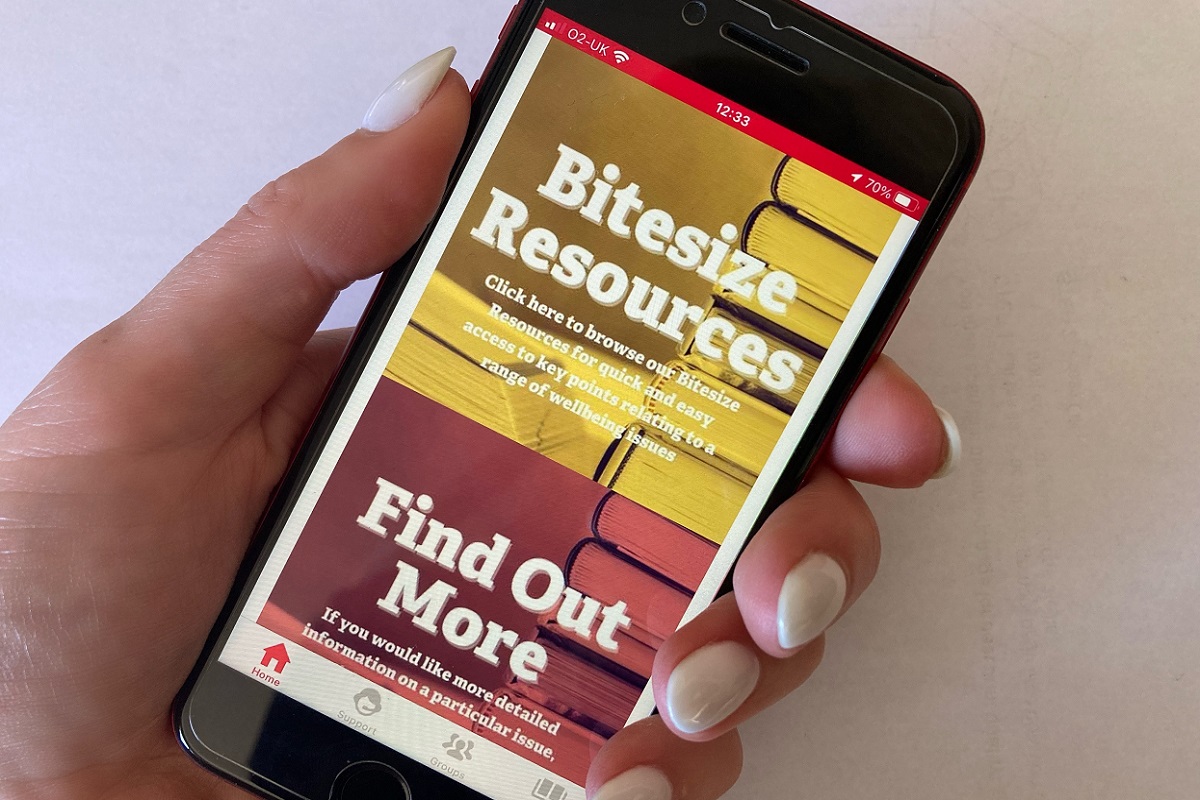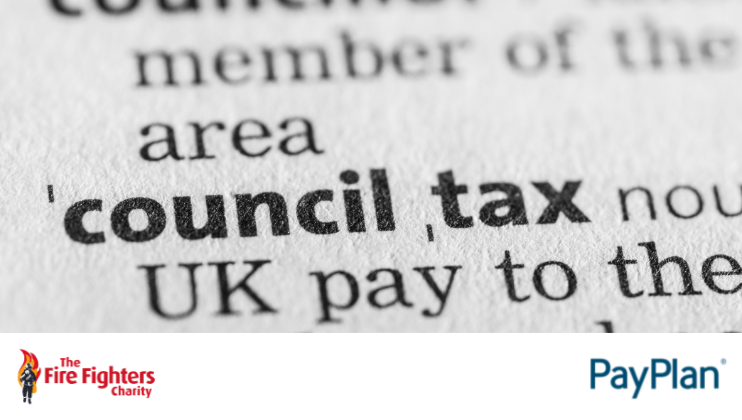Millions of us are facing increases to council tax bills, so understanding how they may impact you – and where to find support – is essential.
Our partners at PayPlan – one of the UK’s largest free debt advice providers – have shared a handy guide here on what it really means, and how to move forwards…
As reported by the BBC, the County Councils Network (CCN) found three-quarters of English councils with social care duties that have published budget details are planning a 5% hike.
This is the maximum allowed without a local vote and would add £100 a year to bills for average Band D properties.
But what does that mean for you? Council tax is one of those essential costs that feature in most people’s monthly budget. It’s a priority to make sure this is paid. But, if you’re struggling with footing this regular bill, it’s important to check whether you could be receiving some extra support.
You might be able to get discounts in certain circumstances such as:
- if you have a physical or mental health condition
- if you’re in receipt of certain benefits
- if you’re caring for someone
- if you’re looking for work
- if you’re temporarily unable to work or on a low income
- if you’re a single person
- if you have an empty property
Can I get an exemption or a discount?
You need to apply for a council tax discount or an exemption, even if you’re ‘disregarded’.
Disregarded means not counted and there can be a number of reasons for this which you can view in more detail on the Government’s website. You’ll get 50% off your bill if everyone living in your household is disregarded, or 25% off your bill if you pay council tax and either live on your own (known as Single Person Discount), or everyone else in your home is disregarded.
Contact your local council here if you’re unsure about whether you can get a discount, or who’s responsible for paying.
Am I in the correct council tax band?
You can find out the council tax band for your home by using the gov.uk website (if you live in England or Wales) or using the Scottish Assessors website if you live in Scotland.
Which payment options are best for me?
You can choose to spread your payments over 12 months (instead of the usual ten) to reduce the amount you have to pay monthly. Contact your local council if you want to discuss when you make your payments and make sure you note when the payments will be going out within your budget.
I’m on a low income – can I get help?
If you’re on a low income, you could also be eligible to apply for the Council Tax Reduction Scheme.
To find out more, head over to the gov.uk website and enter your postcode to get started. You can apply if you own your home, rent, are unemployed or are working. What you get depends on where you live (each council runs its own scheme), your circumstances, your household income and if you have children or other adults living with you.
Help if you’re struggling with arrears
It’s important to note that as council tax is classed as being what’s known as a ‘priority’ debt, you must make sure you prioritise paying this over other debts you might have like credit card or catalogue debt.
Failure to pay will result in the council issuing you with a series of reminders and notices – if you fail to act on these, the council can apply to the courts for permission to collect the outstanding debt (known as a liability order) and they might choose to send a bailiff to your address or take money from your existing income (including benefits you receive).
Find out more on prioritising bills here.
If you’re struggling with keeping up with your council tax payments, it’s important to get in touch with your local council in the first instance to make them aware and see what support they’re able to offer you. They might be able to help with a payment plan, for example.
The council has a discretionary power to discount the amount of council tax that’s payable by a resident on a case-by-case basis. If you’re suffering severe financial hardship, or have severe problems with the property, contact your local council to ask about “Section 13A”.
If you’re worried about your finances or struggling to keep up with debt repayments, remember PayPlan’s there to help. You can access its help in a variety of ways including live chat via its website or by freephone on 0800 072 1206 or www.payplan.com/the-fire-fighters-charity.
Explore our wellbeing hub

We have a number of online health and wellbeing courses available, exclusively for members of the UK fire services community. These five and six-week courses can be taken completely at your own pace, to fit round work and home commitments, and cover a range of different health and wellbeing topics in-depth – with the aim of providing techniques and tools to help you move forward positively.
From a course on gambling addiction, to another on stress at work and ones on either social or general anxiety, there are a number of topics that could prove beneficial for you.
Available through the Charity’s new Wellbeing Hub in MyFFC, there are also five-minute Bitesize sessions and 10-15 minute Find Out More sessions available on everything from stress and anxiety to low mood, menopause, resilience and debt management.




